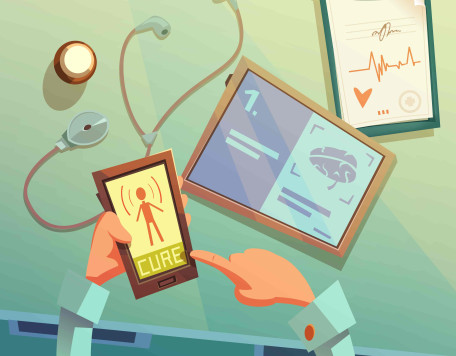© Pint of Science, 2025. All rights reserved.
Join us to find out how researchers can grow ‘brains in a dish’ from patient stem cells and go on a 'hunt for genes' to study Alzheimer’s disease!
Building a brain in a dish: using human stem cells to understand Alzheimer’s disease
Professor Selina Wray
(Professor of Molecular Neuroscience and Alzheimer's Research UK Senior Research Fellow)
Developing new treatments for Alzheimer's disease is a global priority. So far our progress has been limited, and this is due in part to the lack of experimental models that recapitulate aspects of the disease process in the laboratory. In this talk, we will discuss how patient derived stem cells are enabling the creation of “brain in a dish models” to understand Alzheimer's disease and other forms of dementia, and accelerate the development of new treatments.
Down syndrome, 1% extra
Dr Frances Wiseman
(UK Dementia Research Institute Programme Leader for Animal Models and Alzheimer’s Research UK Senior Research Fellow)
People who have Down Syndrome are at greater risk of developing early onset Alzheimer’s disease than the general population. Down Syndrome is caused by an extra copy of chromosome 21, which encodes ~235 genes that make up about 1% of the genome. My work aims to identify the genes associated with Alzheimer’s disease, with the goal of preventing the disease in people who have Down Syndrome. As Down Syndrome is genetically complicated, research often relies on mouse models-as we hunt for genes-my lab are developing alternative approaches with the aim of reducing the use of mice in our research.
About NC3Rs
NC3Rs
(National Centre for the Replacement, Refinement and Reduction of Animals in Research)
There are many ways to replace, reduce and refine the use of animals in research, which are known collectively as the 3Rs. The NC3Rs collaborates with scientists and organisations from across the life sciences sector, nationally and internationally, including universities, the pharmaceutical, chemical and consumer products industries, other research funders, and regulatory authorities.
This event will showcase researchers from London that we have funded.
This event will showcase researchers from London that we have funded.
Map data © OpenStreetMap contributors.
Other The Battersea Barge events
2025-05-21
Wounds, Wonders, and Citizen Wisdom
The Battersea Barge
Nine Elms Lane, London, SW11 8PZ, United Kingdom
2025-05-20
Smartphones and Smart Medicine
The Battersea Barge
Nine Elms Lane, London, SW11 8PZ, United Kingdom




